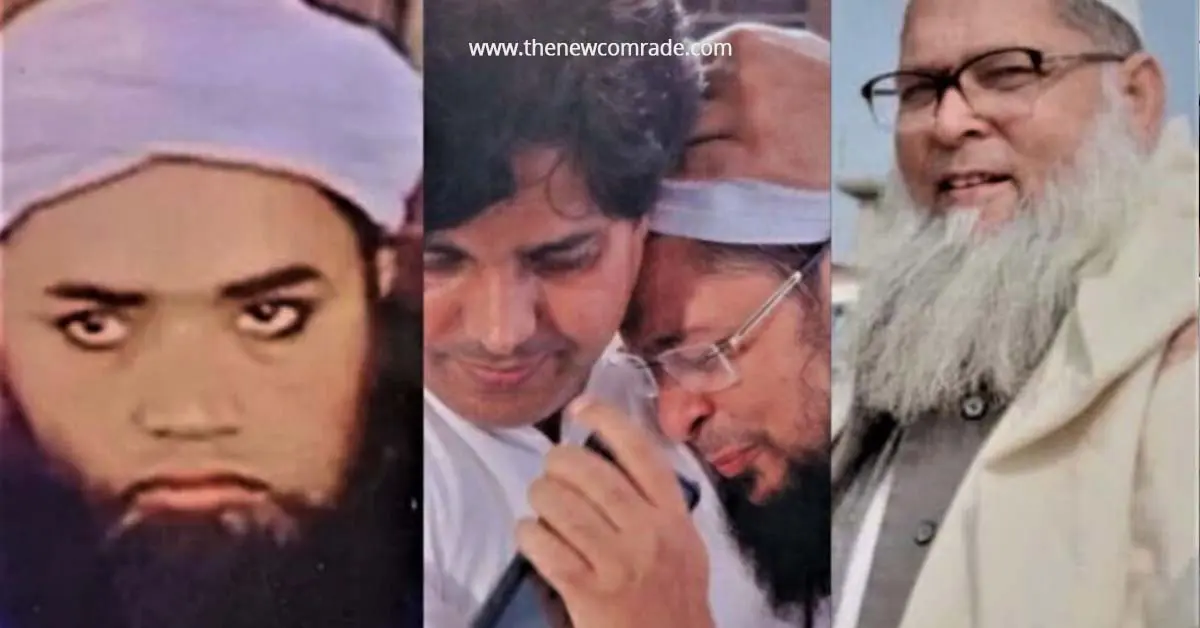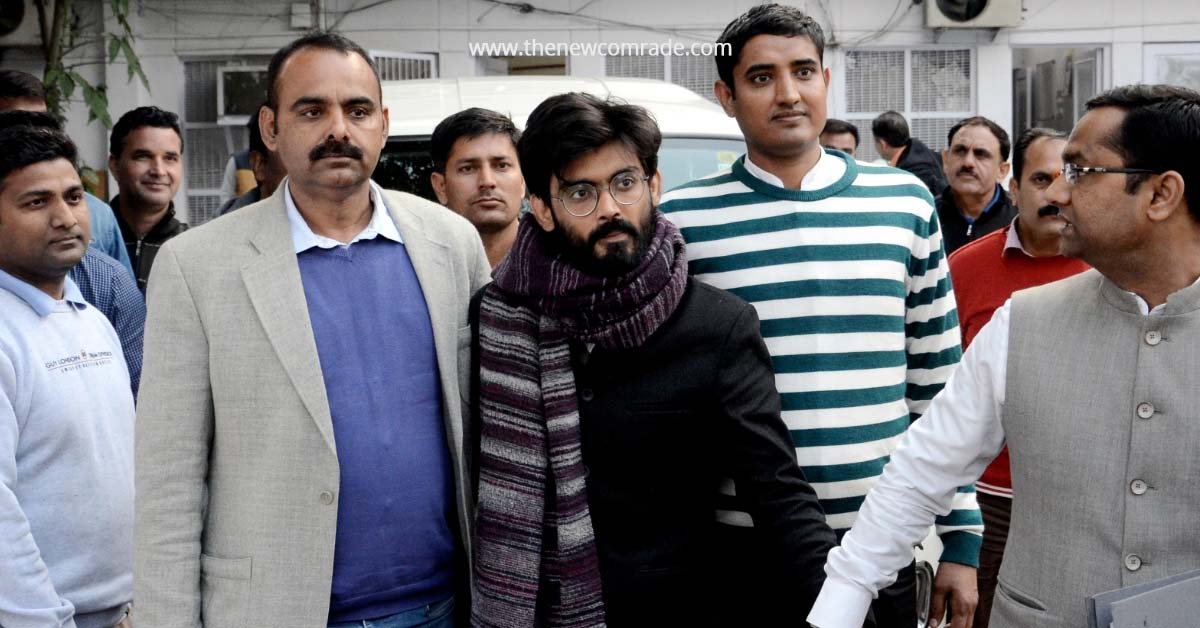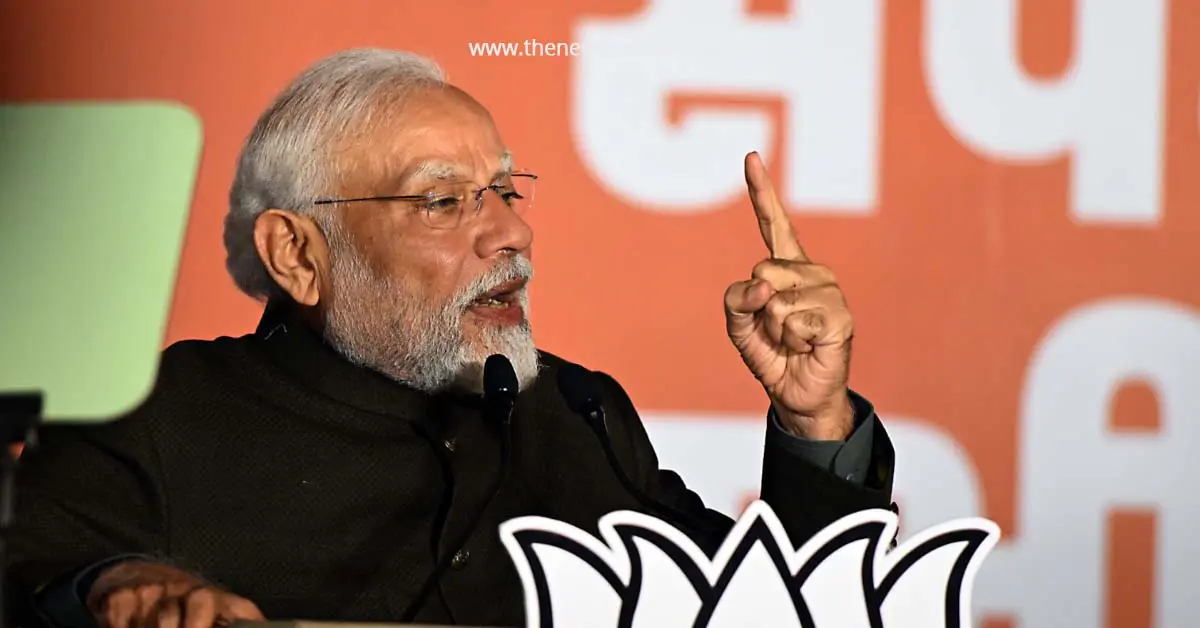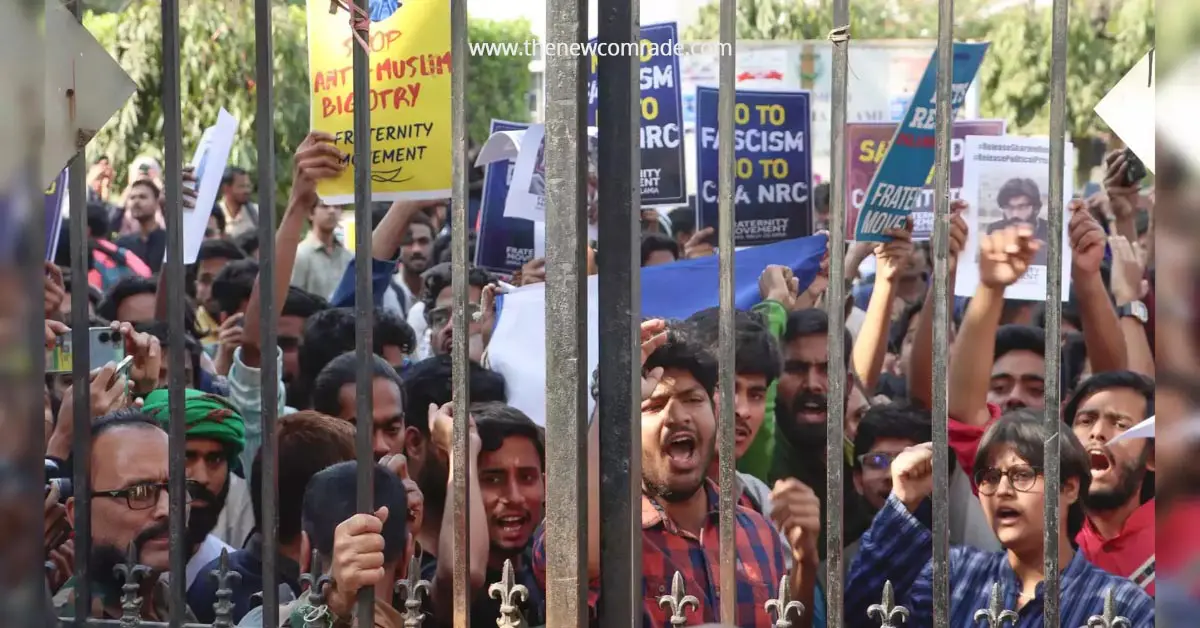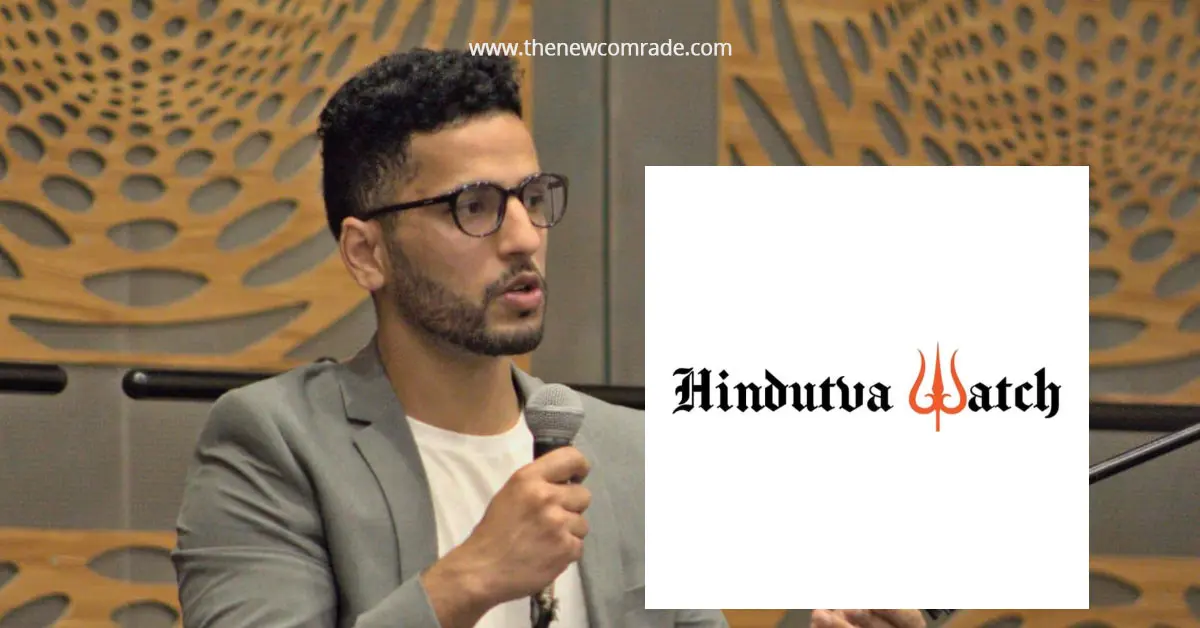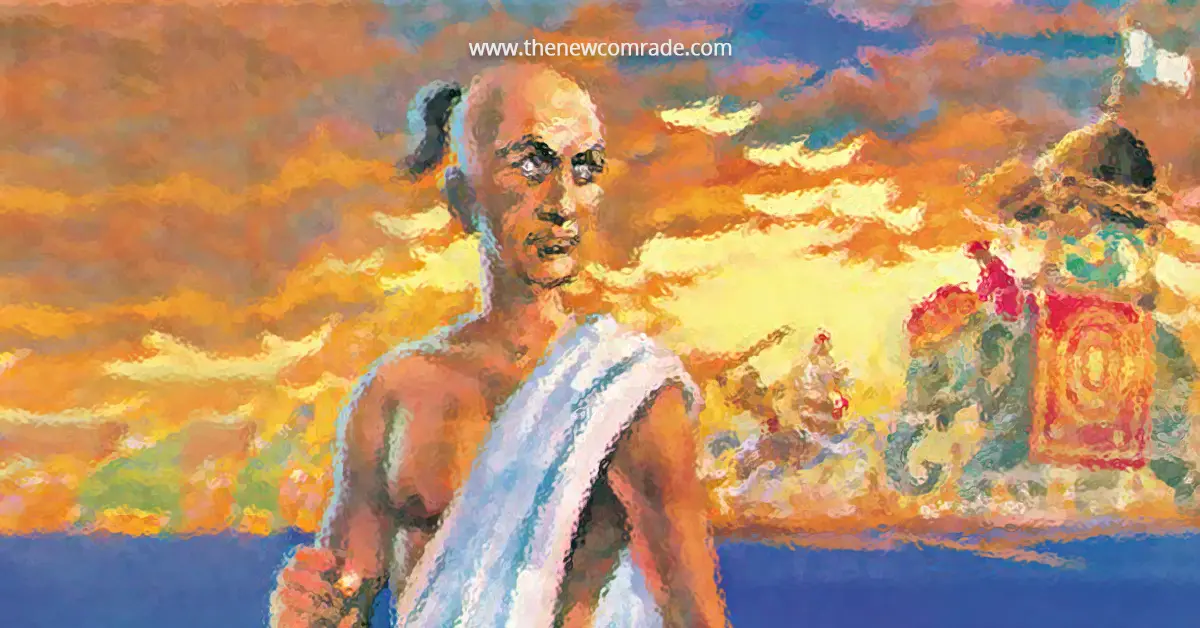The Allahabad High Court has declined the revision plea put forth by the Gyanvapi Mosque Committee, upholding the Varanasi Court’s ruling that dismissed their objection to a lawsuit initiated by five Hindu women worshippers. The High Court stated that seeking the right to worship Hindu deities within the mosque premises does not change the character of the Gyanvapi Mosque into a temple.
While scrutinizing the plaintiffs’ lawsuit, which sought permission to worship Maa Shringar Gauri and other deities on the outer wall of the mosque complex, the Court claimed that the suit had no intention to alter the Gyanvapi Mosque or its inherent nature. The lawsuit asserted a pre-existing and continuous right to perform daily prayers and seek blessings from the deities, a practice that had been followed by Hindus until 1990.
The Court disagreed with the argument made by the Anjuman Intazamia Mosque Committee that the suit was an attempt to change the character of the mosque. It clarified that the suit sought to enforce an existing right of worship that had been exercised since August 15, 1947, and that the plaintiffs did not intend to bring about any changes to the property.
Moreover, the Court pointed out that the enforcement of the right to worship the deities throughout the year did not contravene the provisions of the Places of Worship Act of 1991. The Court explicitly highlighted that Hindus had consistently practiced this right since 1947, thereby exempting it from the Act’s purview.
Furthermore, the Court dismissed the mosque committee’s objection based on the grounds of limitation, emphasizing that the plaintiffs sought to assert their individual right to worship rather than a collective religious community right. The Court affirmed that any Hindu devotee who was denied the right to worship the deities had every right to initiate legal proceedings.



